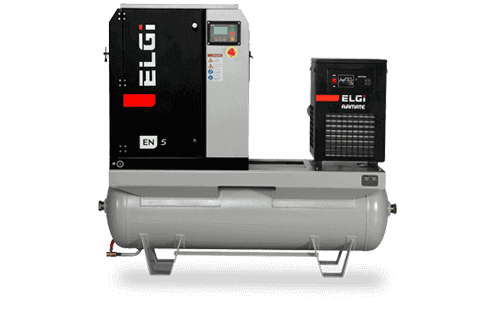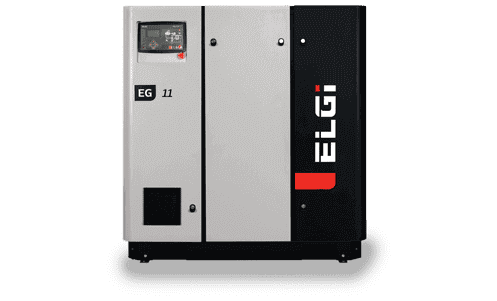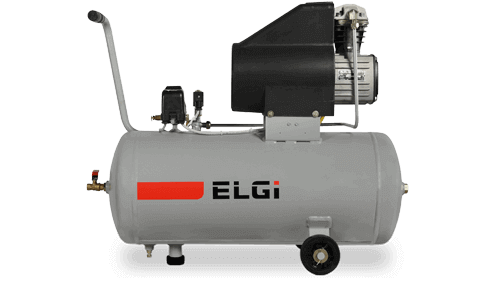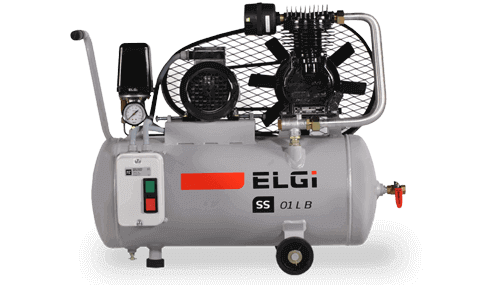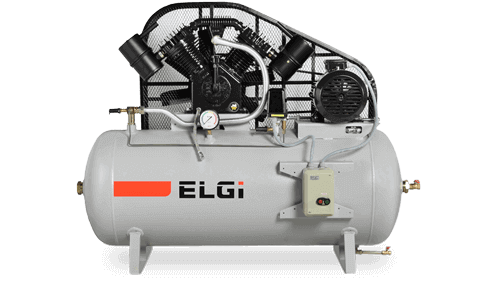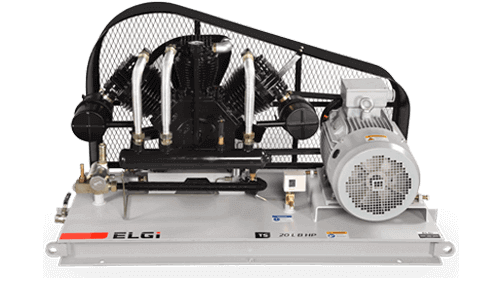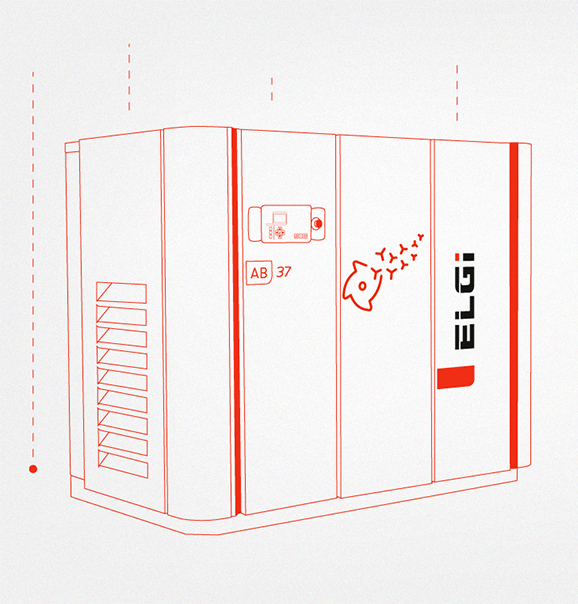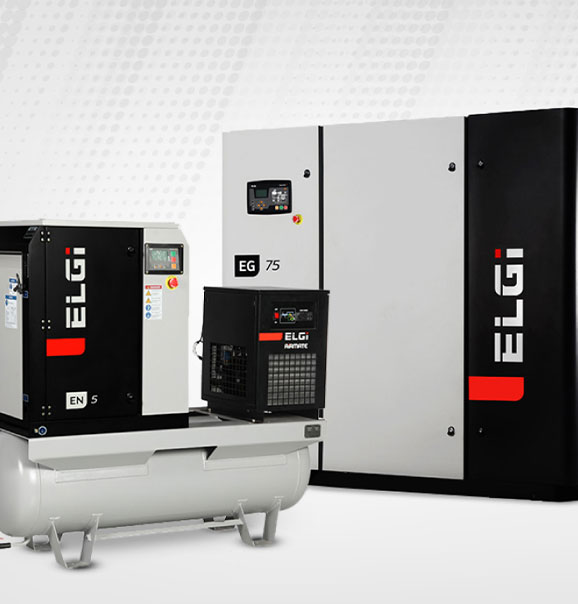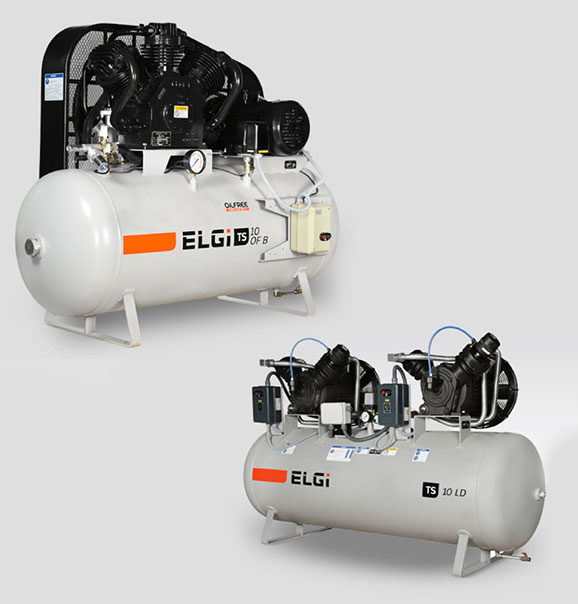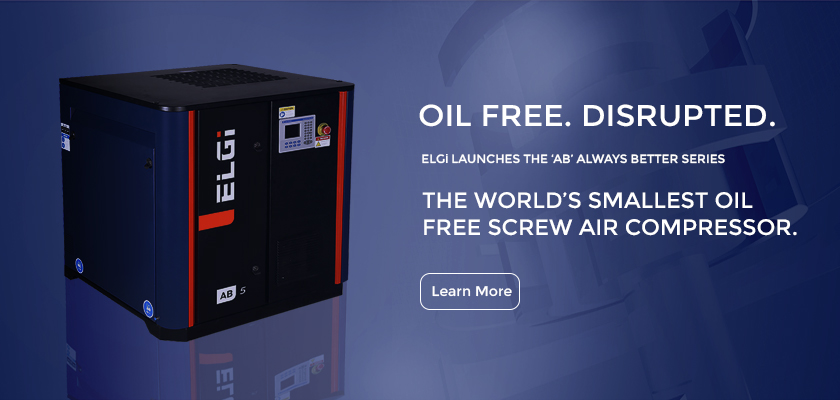Several large, medium, and small-scale companies characterise the African Glass Manufacturing Industry. These companies use state-of-the-art technologies and advanced manufacturing processes to produce a wide range of glass products. The region's abundant natural resources, strategic location, and favourable investment climate have attracted many international glass manufacturers to set up African facilities.
Africa is home to some of the largest glass manufacturers in the world. The glass manufacturing industry in Africa is highly competitive, with a strong focus on innovation, quality, and sustainability. Increasing urbanisation, a growing construction industry, and rising demand for high-quality glass products drive this industry's growth.
Application of Air Compressors in the Glass Manufacturing Industry
Air compressors are widely used in the glass manufacturing industry in Africa. Compressed air is used in various applications such as glass cutting, blowing, coating, and tempering. Air compressors are also used in glass packaging, where they help in the filling, labelling, and packaging of glass bottles.
Air compressors offer several benefits in the glass manufacturing industry. They provide a reliable and continuous source of compressed air, which is essential for various manufacturing processes. Air compressors are also energy-efficient and cost-effective, as they consume less power. Compressed air also ensures the quality of the glass products, as it helps maintain the temperature, pressure, and humidity during manufacturing.
Africa's Glass Manufacturing Industry
Africa's glass manufacturing industry is driven by the continent's increasing demand for glass products in various applications. The industry has developed significantly over the past few years, with many African countries investing in new technologies and manufacturing processes to increase production capacity and meet the growing demand.
One of the most significant factors contributing to the growth of the African glass manufacturing industry is the continent's abundant natural resources. Africa is home to several mineral deposits, including silica sand, soda ash, and limestone, essential raw materials in glass production. These minerals are readily available in large quantities, making it easier and cheaper for manufacturers to source them locally.
Currently, South Africa is the leading producer of glass products in Africa, with several other countries, including Egypt, Nigeria, Morocco, and Kenya, also contributing significantly to the industry's growth. The industry produces a wide range of glass products, including flat, containers, and speciality glass.
Types of glasses
Glass is a hugely popular material with many different uses, like in construction, cars, and regular household items. It's so popular because it's versatile - it can be used for many different things. Several types of glasses include:
Flat glass : Fat glass is a type of glass that is often used in windows, doors, and mirrors. It is made by floating molten glass on a bed of molten metal, which allows the glass to cool evenly and produce a smooth surface.
Container glass : Container glass is used to make bottles, jars, and other containers. It is made by blowing or pressing glass into a mould.
Speciality glass : Speciality glass includes fiberglass, borosilicate glass (used in laboratories), and tempered glass (used in automotive and construction applications).
Glass Manufacturing Process
Glass manufacturing is a complex process that involves various stages, including melting, refining, forming, and finishing. Compressed air plays a crucial role in several applications throughout the manufacturing process.
Firstly, compressed air is used in the melting process. The raw materials are melted in a furnace at extremely high temperatures in glass manufacturing. Compressed air maintains combustion by supplying the necessary oxygen to the furnace. It also helps regulate the temperature inside the furnace by controlling gas and airflow. Additionally, compressed air is used to manage the temperature of the molten glass by blowing air onto its surface.
Secondly, compressed air is used in the refining process. Refining is crucial to ensuring that the glass produced is high quality. Compressed air is used to stir the molten glass and mix it with various refining agents such as sodium sulfate and sodium nitrate. This process helps to remove any impurities and bubbles that may have formed during the melting process.
Thirdly, compressed air is used in the forming process. In this stage, the molten glass is shaped into its desired form. Compressed air blows the molten glass into a mould to create the desired shape. Additionally, compressed air is used to cool the glass as it is being formed to prevent it from cracking or breaking.
Finally, compressed air is also used in the finishing process. In this stage, the glass is cut and polished to give it a smooth and shiny finish. Compressed air is used to power the cutting and polishing machines, which is essential for achieving the desired finish.
Overall, compressed air plays a crucial role in various stages of the glass manufacturing process. Its ability to regulate temperature, remove impurities, shape the glass, and power the finishing machines makes it an essential tool for producing high-quality glass products.
ELGi Air Compressors for glass manufacturing industry
The glass manufacturing industry requires compressed air for various applications such as blowing, moulding, and cutting. ELGi air compressors are reliable, efficient, designed to provide a steady air supply and can be used for various applications. ELGi air compressors are available in multiple models to suit the specific needs of the glass manufacturing industry and power various tools and machines, including blow torches, cutting tools, and polishing machines.
There are many benefits to using ELGi air compressors in the glass manufacturing industry. ELGi air compressors are durable and require minimal maintenance, saving time and money. Additionally, ELGi air compressors are energy-efficient, which can help to reduce your overall operating costs.
To learn more about air compressors for the glass manufacturing industry, contact your nearest ELGi dealer today!
TO THIS INDUSTRY
From service plans, service networks to Genuine ELGi parts, explore our vast range of services and parts to find exactly what you need.
PLACE A REQUEST


